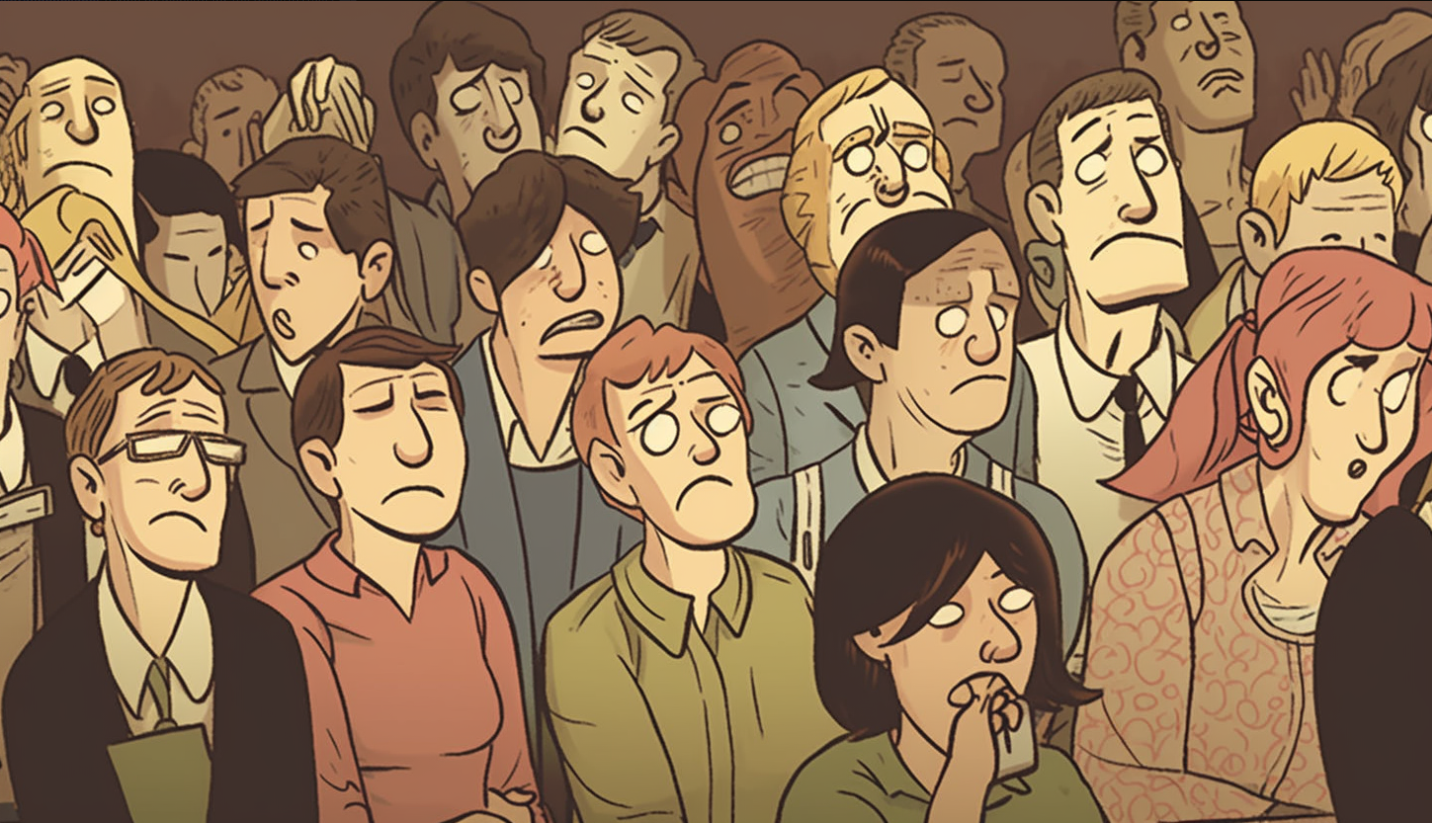Schadenfreude is often linked to feelings of envy or jealousy, which can lead people to feel a sense of satisfaction when they see others fail or struggle. This type of behavior can be incredibly destructive, as it creates a culture of negativity and resentment that can be toxic to personal and professional relationships.
In the workplace, schadenfreude can lead to a lack of collaboration and teamwork, as people are more concerned with their own success than with the success of the team as a whole. This can lead to a lack of trust, a decrease in productivity, and an overall decline in morale. It can also create a competitive environment where people are more concerned with outperforming their colleagues than with doing their best work.
Schadenfreude can also have negative effects on personal relationships. When we take pleasure in the misfortune of others, we are less likely to be empathetic and supportive, which can lead to a breakdown in relationships. It can also create a sense of isolation, as people are less likely to share their successes and failures with others for fear of being judged or criticized.

Ultimately, schadenfreude is a negative emotion that can hinder personal growth and success. When we focus on the failures and misfortunes of others, we are less likely to focus on our own growth and development. We may also miss out on opportunities to learn from the mistakes of others, as we are too focused on their failures rather than our own successes.
To overcome schadenfreude, it is important to focus on positivity and personal growth of not only ourselves but everyone around us. Instead of taking pleasure in the misfortune of others, we should celebrate their successes and use them as inspiration to achieve our own goals. If you feel the need to gossip, make sure the gossip is about success and “wins”, not failures and dissapointment. We should also strive to create a culture of positivity and collaboration in our personal and professional relationships, focusing on the success of the team as a whole rather than our own individual achievements.
In conclusion, schadenfreude is a negative emotion that can have a significant impact on our ability to be successful in life. By focusing on positivity and personal growth, we can overcome this destructive emotion and create a culture of collaboration, trust, and mutual support that can help us achieve our goals and live fulfilling lives.
Other Content You Will Love